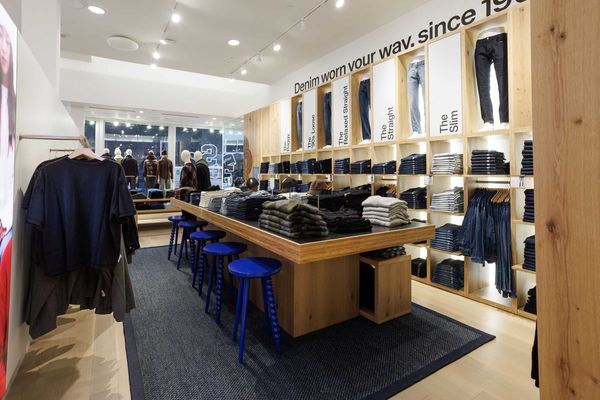This week the city's board of supervisors is slated to finalize its decision to grant a tax break to Twitter and other startup companies in return for their agreement to stay in the city rather than fleeing to the suburbs.
What's at stake is San Francisco's future as a center of innovation.
Granted, it is a tough time for city government. Ongoing state and federal budget cuts have created relentless pressure on the city's ability to provide many essential services.
Furthermore, recent news out of Sacramento and Washington, D.C., indicates that this funding problem won't be going away any time soon.
But, it's also never easy being a startup company. It's strictly a high-risk business, where the overwhelming majority fail, and only a tiny number survive. They all have to keep costs down and attract the best talent for any hope of future success.
The key employees of startups earn far less than they would in an established company. In return, they often are granted stock options, essentially a promise of a future return on their present "sweat equity."
The controversy faced by the city's supervisors this spring is that San Francisco's 1.5% payroll tax includes a provision that no other city in the area (or the world, according to TechCrunch) has, and that is taxing the potential gains employees at a firm like Twitter could get from their stock options.
These gains occur, at least on paper, when an employee chooses to "exercise" stock options, and often appear to represent a substantial amount of money at the time.
But a lot of things can happen (not all of them good) from the moment of exercise until sale of said options, as many who have chosen to "exercise and hold" their options in the past can attest -- including the kinds of losses than can easily drive one into bankruptcy, or losing a house, or similar calamities.
Even if employees sell immediately when they exercise, they already pay capital gains, federal and state income taxes, so it's not like they are getting away tax-free.
By adding its levy to the company payroll tax, the city would force a company like Twitter, which has some 350 employees but plans on adding another 2,000 in the next few years, to face an additional tax burden of tens of millions of dollars more than it would not face if it relocated to a city on the peninsula, say Brisbane.
(BTW, have you ever actually been to Brisbane? It's one of the most difficult places to find in the Bay Area, and residents don't even have to take down the highway signs, as happened for years by locals trying to make it hard for tourists to find Bolinas.)
In any event, the supes did the right thing last week, IMHO, by approving a payroll tax exemption for Twitter on the condition that it relocate to the mid-Market area bordering the Tenderloin, and help "revitalize" this historically downtrodden neighborhood.
Though I'm not so sanguine about the revitalization bit, since the grimy Tenderloin seems to have changed little from the way it was depicted by Frank Norris in his novel McTeague back in 1899.
The financial advantages to the city of having Twitter and Zynga and similar companies stay here will far outweigh the taxes they would have collected anyway. That's because the thousands of employees at these and the many smaller companies clustered around them generate demand for all kinds of products and services throughout the city that otherwise would go elsewhere (think: Brisbane.)
Any sixth grader can do the math. Plus the city doesn't really have a choice. Not even a venue as attractive as San Francisco can get away with imposing a tax that no other surrounding city demands -- those economics are unforgiving.
Of course, none of this addresses how the city is going to find the funds it needs to continue providing services to the poor, the hungry, the homeless, and the mentally ill. The sad truth is our society has never been very good at taking care of the many who fail to thrive under our competitive free enterprise system, and that is a tragedy older than the Tenderloin.
We do have a burgeoning non-profit sector, however, fueled in part by the desire of those with new-found wealth from tech companies to address just these sorts of endemic social problems. Therefore, the city might be well-served by coming up with incentives to allow more non-profits to thrive in San Francisco, alongside the tech startups.
Or, maybe someone at City Hall could come up with an entrepreneurial idea like a San Francisco High Tech Tour, with brief stops at the local offices of our world-famous firms like Twitter, Wikipedia, Zynga, and Wired. Happy tourists could purchase tchotchkes like T-shirts, with a cut of the proceeds going to fund those city programs that may otherwise go wanting...





















